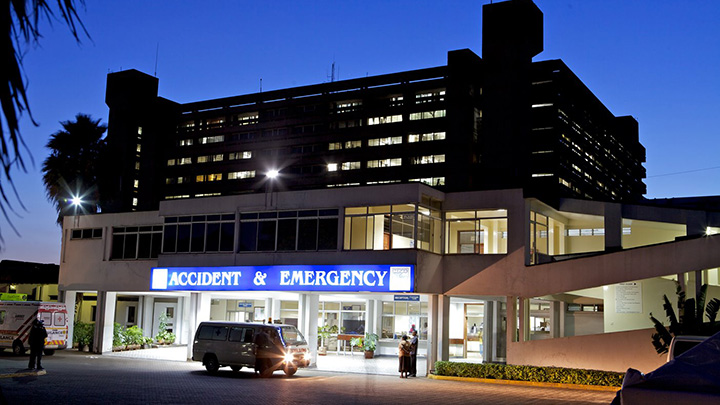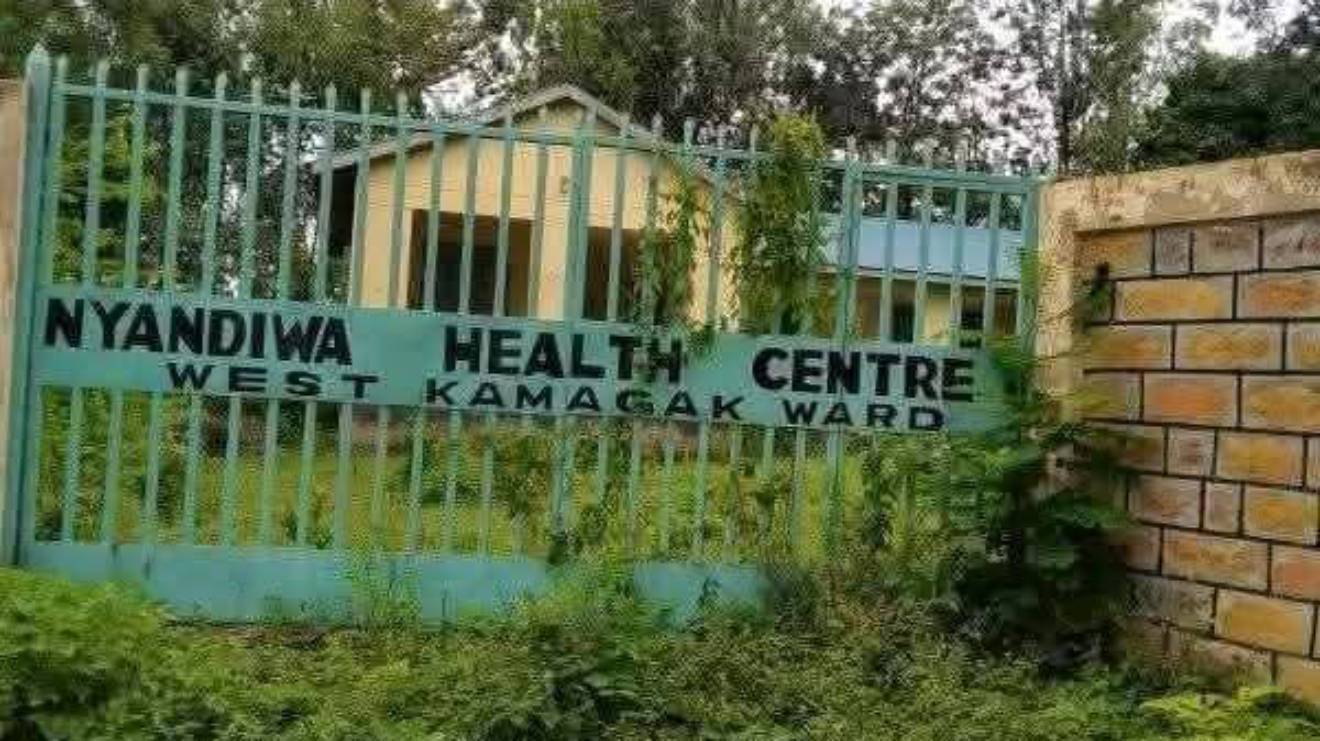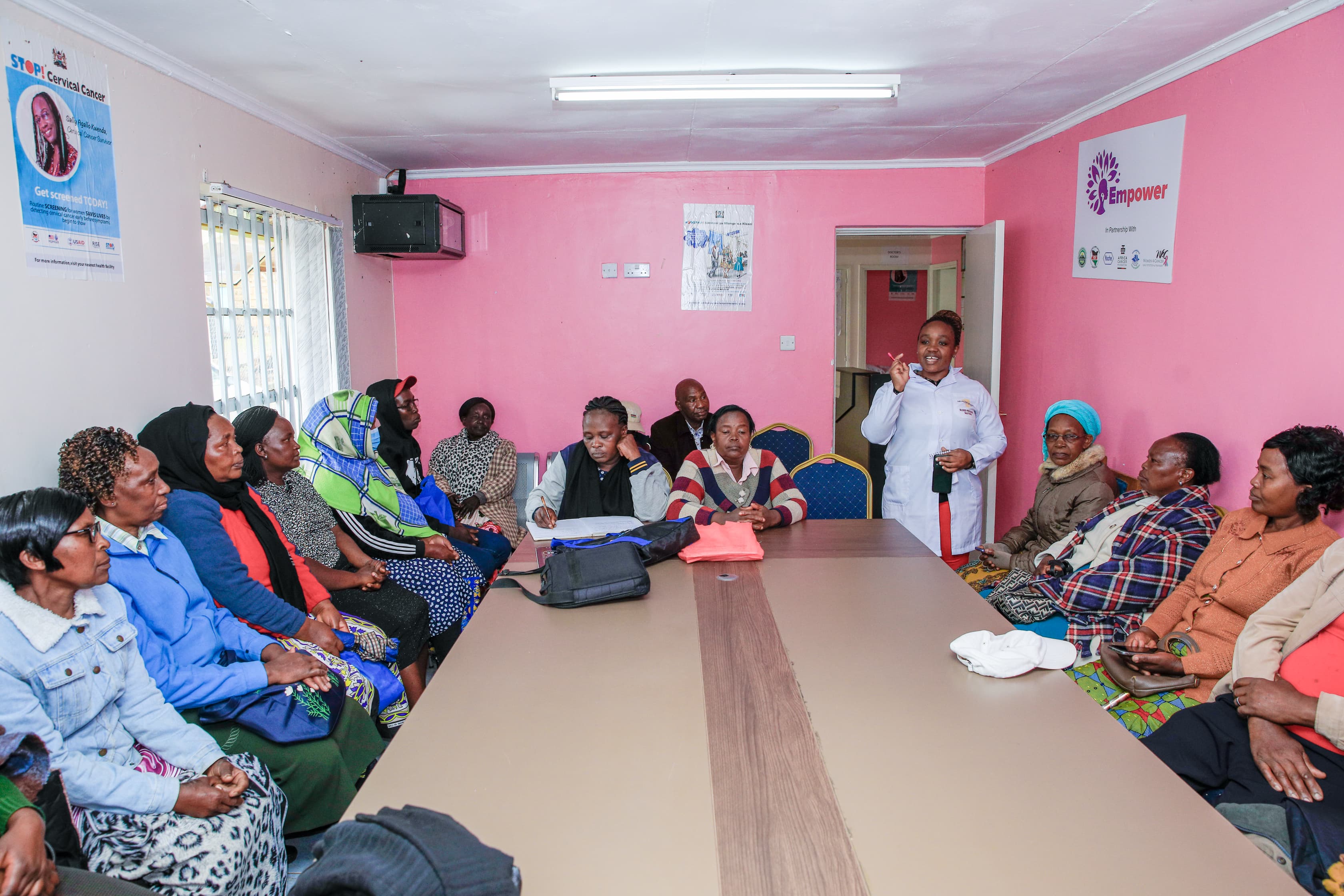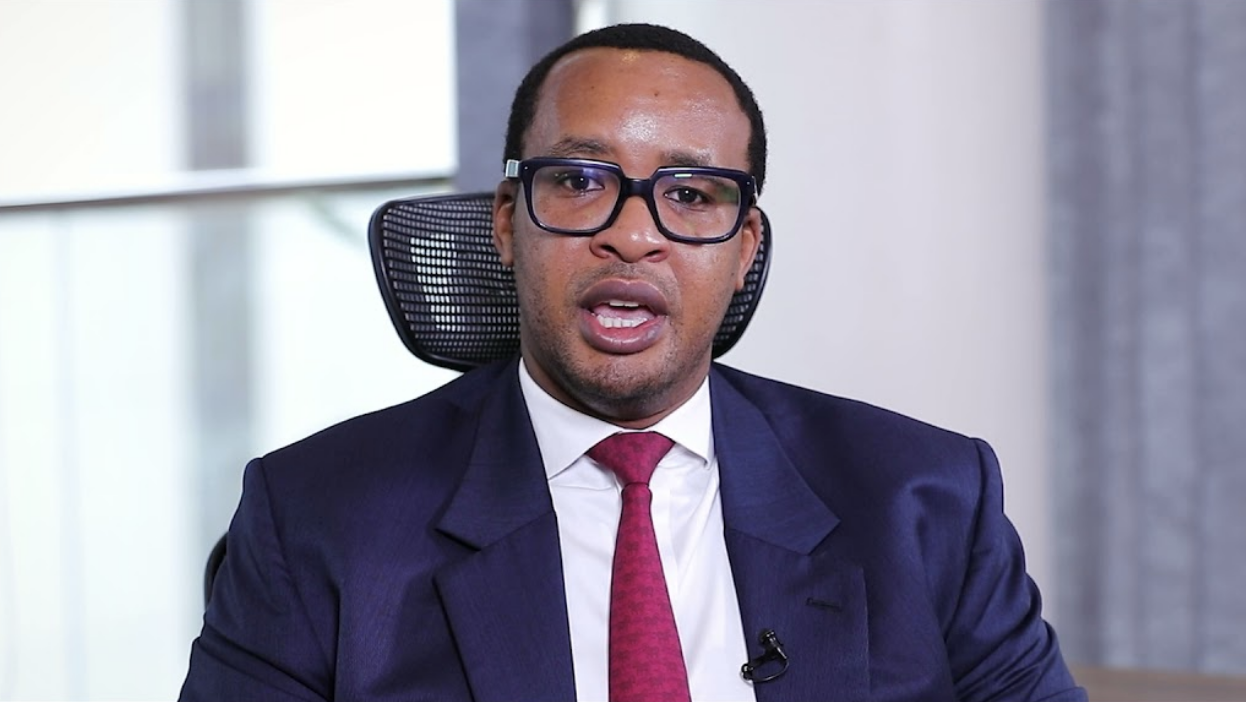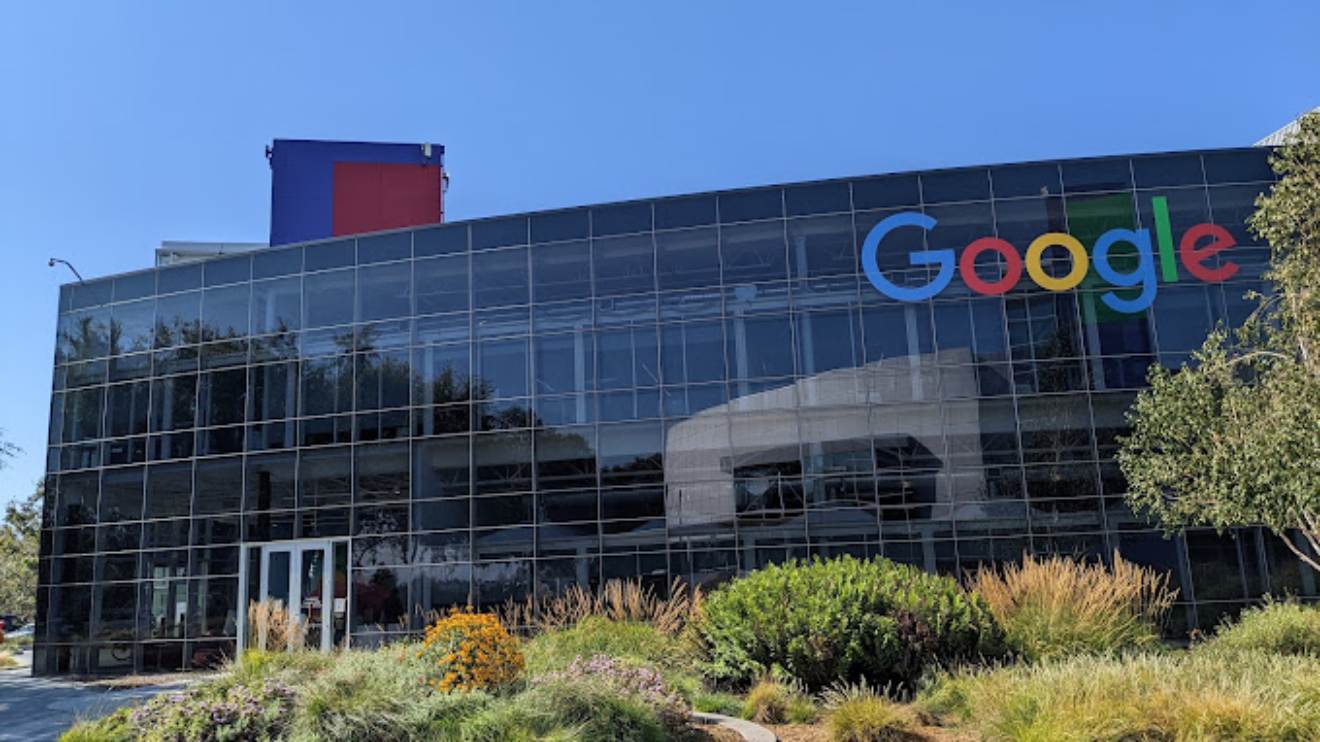The National Hospital Insurance Fund (NHIF), now known as the Social Health Insurance Authority, has been thrust into the spotlight as allegations of fraudulent activities amounting to Sh21 billion have emerged.
The claims, involving senior government officials, were raised before the Public Petitions Committee by a petitioner, Bernard Muchere, a former internal auditor at the National Treasury.
The committee, chaired by Vihiga MP Ernest Ogesi, launched investigations on Wednesday following a petition filed earlier this year by Muchere, now a fraud risk assessment consultant.
He alleged that billions were siphoned through the creation of fraudulent Incurred But Not Reported (IBNR) claims, a type of reserve account used by insurance companies to account for claims that have not yet been reported.
"I can conclusively state that the IBNR reserves were fraudulently created to siphon NHIF funds," Muchere told the committee.
Read More
He explained that the scheme was orchestrated by unscrupulous individuals who manipulated NHIF's books of accounts, resulting in the loss of Sh21 billion. T
he reserve system, which is typically used to cover unreported claims, was reportedly created in collaboration with an actuarial firm, Kenbright Actuarial and Financial Services, and backdated to the 2019/2020 financial year.
The petitioner pointed out that these fake claims went unnoticed due to the sophisticated nature of the IBNR system, which "does not raise suspicion and can only be flagged by experts."
The fraudulent payments span various schemes under the national health insurer, including Sh9.7 billion from the National Health Scheme, Sh4.01 billion from the National Police Service and Kenya Prisons Service, Sh2.9 billion from the civil servants' scheme, and Sh2.3 billion meant for the Linda Mama programme.
Other affected schemes include Sh780.7 million from the parastatal scheme, Sh683.92 million from EduAfya, Sh525.3 million from the county scheme, Sh190.2 million from retirees, Sh31.3 million from the HISP-OVC scheme, and Sh6.5 million from HISP-OPPSD.
According to Muchere, the fraudulent creation of IBNR claims caused a massive financial strain on NHIF, leading to delays in settling genuine claims.
“The unbudgeted claims were charged to NHIF members’ contributory schemes, causing a huge financial crisis that made NHIF unable to pay hospital bills for genuine contributors. This caused a major crisis in the contributors’ medical coverage, resulting in most patients being denied treatment with vital consequences," he stated.
He further detailed how the IBNR reserves were non-existent in the audited financial statements for 2020/2021, 2019/2020, and previous financial years, but mysteriously appeared in the year ending June 2022.
“In the audited financial statements for 2020/2021, 2019/2020 and the preceding financial years, IBNR reserves were non-existent, they propped up in the financial year ending June 2022,” the petition read.
“This brings to question the authenticity of the arbitrary cumulative figures of Sh19,972,497,763 purportedly brought forward from the financial years preceding 2021/2022 and the source of data, the basis for the IBNR claims.”
MP Ogesi expressed concern over the scale of the allegations, describing them as "serious," and assured that the committee would leave no stone unturned.
“This is a grave matter and as a committee, we will make sure we summon all those mentioned. There is a need for them to shed light on what they know about the claims before us," Ogesi said.
The committee has summoned the top management of NHIF and Kenbright Actuarial and Financial Services for questioning as the investigation into the massive financial loss continues.
NHIF, which has recently been renamed the Social Health Insurance Authority following legislative changes, now faces a critical examination as the parliamentary committee seeks to unravel the depth of the alleged fraud.



